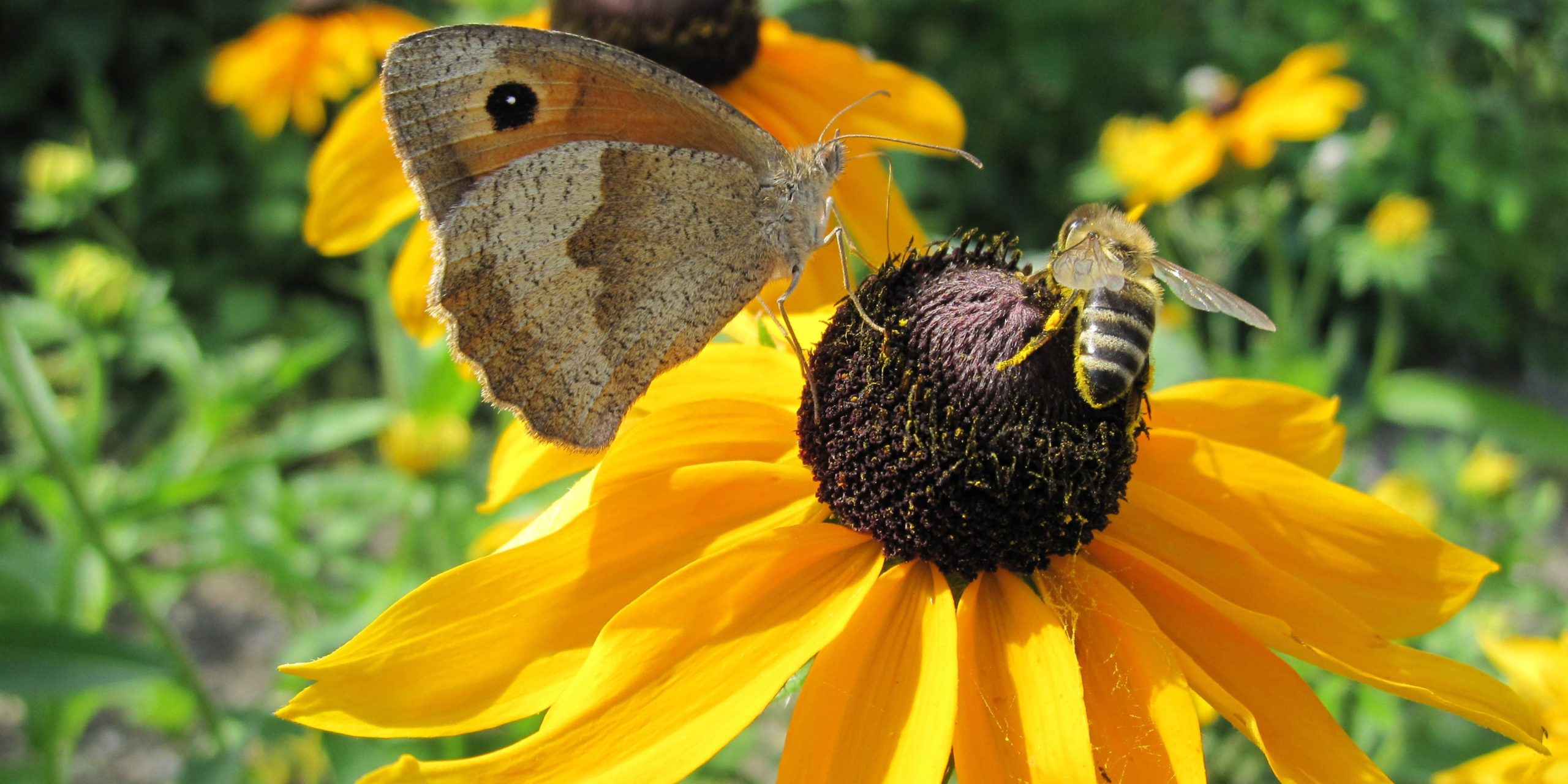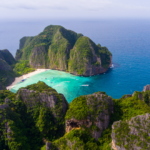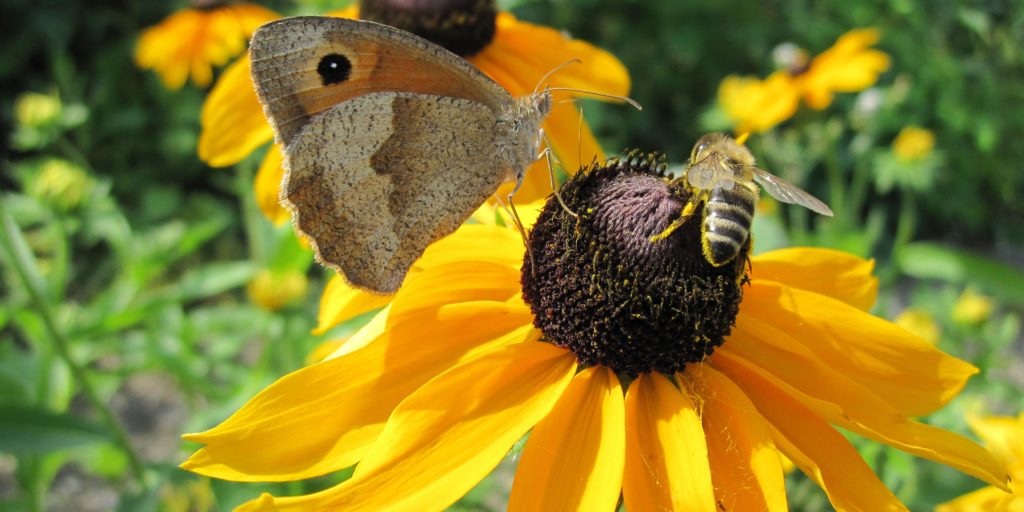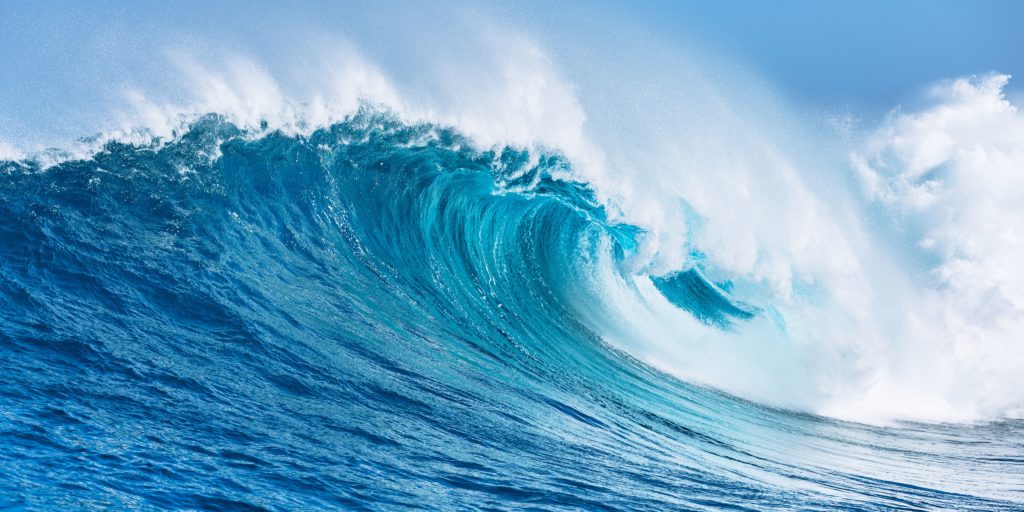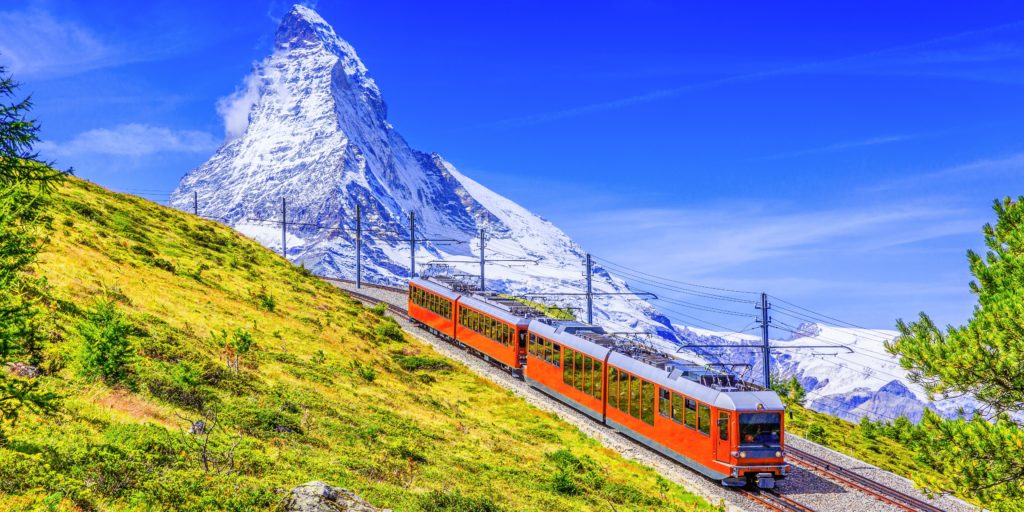When we think of biodiversity, we most often think of large animals such as elephants, whales, rhinoceroses and tigers, but there’s much more to it than that. It also includes insects, micro-organisms, birds, primates and plants.
🧬 What is it, exactly?
Biodiversity refers to the diversity of living things. It includes not only the variety of species and ecosystems, but also the genetic diversity within each species. Genetic diversity is what makes individuals different from one another, and it plays an essential role in enabling certain species to better adapt to changes in their environment.
Thanks to this genetic richness, plants, animals, fungi and bacteria can be more resistant to disease, climatic variations and habitat disturbances. Ecosystems, such as forests or coral reefs, also benefit from this diversity: the more genetically diverse their species, the more resilient the ecosystem, capable of regenerating after a shock.
It’s this complexity that makes ecosystems so rich, allowing life on Earth to exist and cycles to continue over time.
🌿 Why is this important?
The more resilient an ecosystem is, the more it is able to regenerate. This enables it to provide countless free services, known as ecosystem services.
Pollination, for example, is a key element in fruit and vegetable production. Around 75% of this is provided by pollinators such as bees, butterflies, bats and other insects and animals.
Forests, through photosynthesis, absorb carbon dioxide (CO₂) and release oxygen, essential to life. The oceans, meanwhile, produce around 50% of the planet’s oxygen thanks to phytoplankton, while also storing CO₂. These natural environments thus help limit greenhouse gases and curb global warming.
Living soils are populated by micro-organisms such as fungi and bacteria, but also earthworms and other organisms. All play a crucial role in the decomposition of organic matter and the recycling of nutrients, essential for soil fertility.
Some species, particularly marine ones, produce natural molecules that are used or studied to treat certain diseases. Biodiversity is thus also a reservoir of medical solutions.
Without this biodiversity, on which we are directly dependent, there would be no food, no clean air, no healthcare and no climate stability. It contains everything humanity needs to live, heal and adapt.
🚨 And today?
The main cause is human activity and our modern lifestyle. For reasons of comfort and development, we have caused deforestation, air and water pollution, and the over-exploitation of natural resources, notably through intensive farming and over-fishing.
With human activities becoming increasingly intense and rapid, nature no longer has the time to regenerate or adapt to new environments. As a result, many species – including insects and other animals essential to ecosystems – are disappearing for lack of resources, food or habitat.
And when these species can no longer survive, our own equilibrium is threatened. Without them, we can no longer guarantee our food security, our health or the stability of our climate.
🔧 What to do?
Preserving biodiversity is essential to our own survival. We depend on it every day. For example, it is technically possible to pollinate flowers by hand, but without natural pollinators it would be time-consuming and labor-intensive, making fruit and vegetables rarer and more expensive. This just goes to show what free and irreplaceable services nature provides.
To preserve these services, it is crucial to protect the species that make them possible. One response to this is the creation of protected areas, such as national parks, which offer animal, plant and insect species spaces preserved from human pressure, where they can reproduce, feed and evolve naturally.
But protecting biodiversity is not limited to natural areas. We can also take action on a daily basis: by rethinking the way we travel, eat and consume, we can reduce our ecological footprint. For example, choosing organic produce limits the use of pesticides and encourages production that is more respectful of the soil and living organisms.
Organic farming, which respects natural cycles, favours toxic-free cultivation, preserving the ecological balance in and around the soil. It is a fundamental pillar of a sustainable future for humans… and for all other forms of life.
Conclusion
Biodiversity is an integral part of life for every human being on Earth.
It is essential to our survival and provides us, free of charge, with numerous ecosystem services: pollination, air and water purification, climate regulation, soil fertility, and so on.
In return, we have a duty to preserve it, by reflecting on our eating, consumption and transport habits, even in a modern world.
Biodiversity needs time, space and tranquillity to regenerate.
This is the only way it can continue to fulfill its role and support us… today and for future generations.
Protecting biodiversity is not about going backwards, it’s about inventing a different, more respectful and sustainable future.
Even a small gesture – choosing an organic product, limiting waste – can make a difference if millions of us do it.
Because preserving nature means taking care of ourselves.

